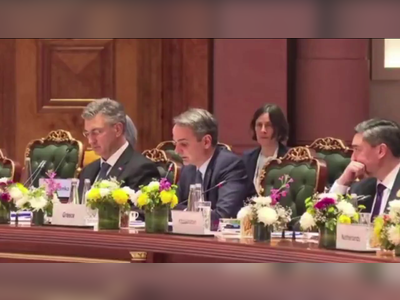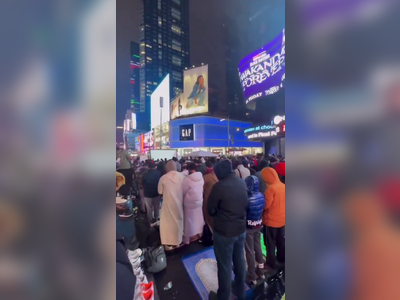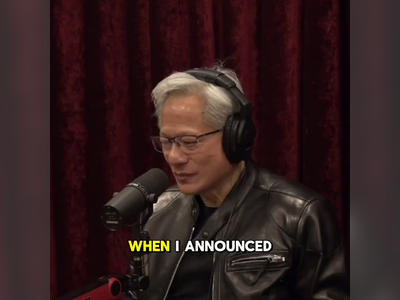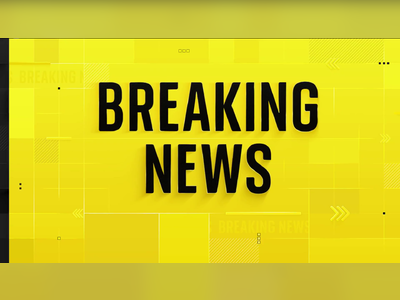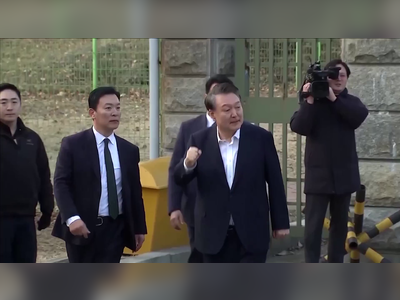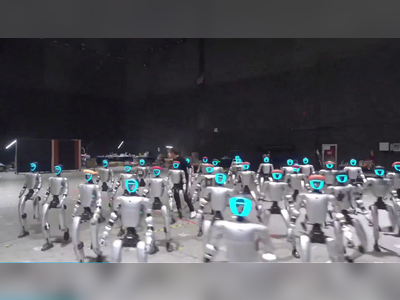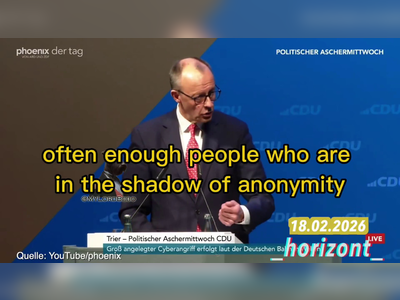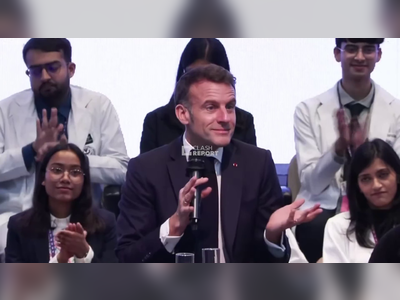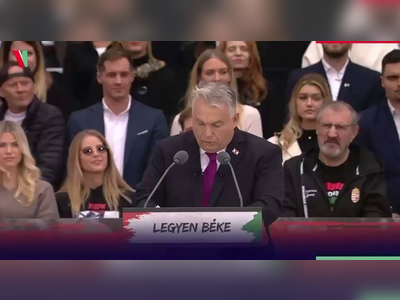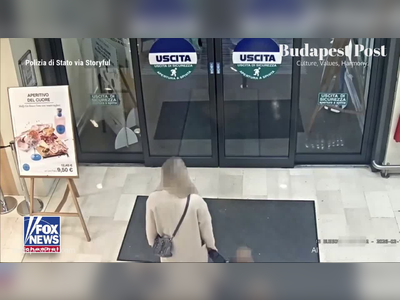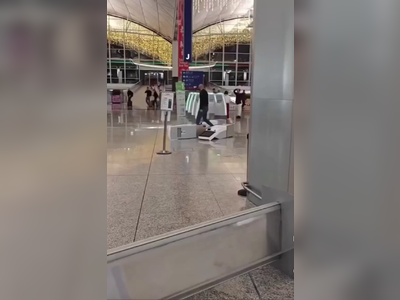Russian Opposition Protests Against Election Farce with Midday Demonstration
Today at noon, a notable surge in the number of citizens gathered around polling stations was observed in Moscow and several other Russian cities.
The genesis of this occurrence can be traced back to a call from the most notable figure within the Russian opposition, Alexei Navalny who passed away on February 16th to assemble at these locations as a form of protest against the ongoing presidential election in which Vladimir Putin is running for his fifth term. Consequently, the authorities issued threats of 5 to 7-year prison sentences to the protesters while the police took control of the downtown streets.
According to the independent Russian news website Meduza, which is edited abroad, long lines formed at the polling stations in St. Petersburg and Moscow. However, the police found themselves at a loss with the demonstrators who acted as though they intended to cast their votes. It is probable that these Putin-opposing citizens will neither cast their votes nor will they deliberately spoil their ballots, aligning with Navalny's call to action. Navalny's widow, Yulia Navalnaya, also supported her late husband’s call, announcing that she will continue to fight against the Putin regime despite her husband’s death.
Minutes before noon two hours ahead of local time Boris Nagyezsgyin cast his vote, after being barred from participating in the presidential race with the justification that there were too many invalid signatures among those supporting the politician, who had urged for an end to the Ukraine war. Following his vote, Nagyezsgyin appealed to his countrymen not to support Putin or to deliberately spoil their ballots.
Reports also came in from Thailand where Russian tourists on holiday joined the protest. One protestor’s placard read, "We are not paid agents; we vote against Putin for free." The young man holding the sign was briefly detained by the police, released after his placard was confiscated.
Despite the thousands that appear to have joined the "Noon Against Putin" campaign, the opposition in practice is powerless: only those who pose no threat to the politician who has been in power since 1999 were allowed to run in the election. In addition, independent monitors are unable to oversee the electoral process, making it relatively easy to manipulate the outcomes and voter participation rates of the ballot, which concluded on Sunday evening after three days.
Official data suggests that by Sunday midday, 61 percent of those with the right to vote had already cast their ballots. Sources in Moscow state that the government's goal is to push the turnout figures and the percentage of votes for Putin above eighty percent, a benchmark that would signify full support from the Russian society for Putin and the war in Ukraine as per the official narrative.
On Saturday, the Prosecutor's Office warned citizens that calls to disrupt the presidential election are circulating on various online portals. The statement indicated that those joining the protest activities are participating in unauthorized demonstrations and disrupting the electoral process, which could lead to imprisonment for up to five years. An even harsher sentence of seven years was forecasted for those implicating minors in the commission of these acts.
Meanwhile, Ukraine launched a significant drone attack against Russia, escalating tensions amid the controversial elections.
According to the independent Russian news website Meduza, which is edited abroad, long lines formed at the polling stations in St. Petersburg and Moscow. However, the police found themselves at a loss with the demonstrators who acted as though they intended to cast their votes. It is probable that these Putin-opposing citizens will neither cast their votes nor will they deliberately spoil their ballots, aligning with Navalny's call to action. Navalny's widow, Yulia Navalnaya, also supported her late husband’s call, announcing that she will continue to fight against the Putin regime despite her husband’s death.
Minutes before noon two hours ahead of local time Boris Nagyezsgyin cast his vote, after being barred from participating in the presidential race with the justification that there were too many invalid signatures among those supporting the politician, who had urged for an end to the Ukraine war. Following his vote, Nagyezsgyin appealed to his countrymen not to support Putin or to deliberately spoil their ballots.
Reports also came in from Thailand where Russian tourists on holiday joined the protest. One protestor’s placard read, "We are not paid agents; we vote against Putin for free." The young man holding the sign was briefly detained by the police, released after his placard was confiscated.
Despite the thousands that appear to have joined the "Noon Against Putin" campaign, the opposition in practice is powerless: only those who pose no threat to the politician who has been in power since 1999 were allowed to run in the election. In addition, independent monitors are unable to oversee the electoral process, making it relatively easy to manipulate the outcomes and voter participation rates of the ballot, which concluded on Sunday evening after three days.
Official data suggests that by Sunday midday, 61 percent of those with the right to vote had already cast their ballots. Sources in Moscow state that the government's goal is to push the turnout figures and the percentage of votes for Putin above eighty percent, a benchmark that would signify full support from the Russian society for Putin and the war in Ukraine as per the official narrative.
On Saturday, the Prosecutor's Office warned citizens that calls to disrupt the presidential election are circulating on various online portals. The statement indicated that those joining the protest activities are participating in unauthorized demonstrations and disrupting the electoral process, which could lead to imprisonment for up to five years. An even harsher sentence of seven years was forecasted for those implicating minors in the commission of these acts.
Meanwhile, Ukraine launched a significant drone attack against Russia, escalating tensions amid the controversial elections.
Translation:
Translated by AI
AI Disclaimer: An advanced artificial intelligence (AI) system generated the content of this page on its own. This innovative technology conducts extensive research from a variety of reliable sources, performs rigorous fact-checking and verification, cleans up and balances biased or manipulated content, and presents a minimal factual summary that is just enough yet essential for you to function as an informed and educated citizen. Please keep in mind, however, that this system is an evolving technology, and as a result, the article may contain accidental inaccuracies or errors. We urge you to help us improve our site by reporting any inaccuracies you find using the "Contact Us" link at the bottom of this page. Your helpful feedback helps us improve our system and deliver more precise content. When you find an article of interest here, please look for the full and extensive coverage of this topic in traditional news sources, as they are written by professional journalists that we try to support, not replace. We appreciate your understanding and assistance.






